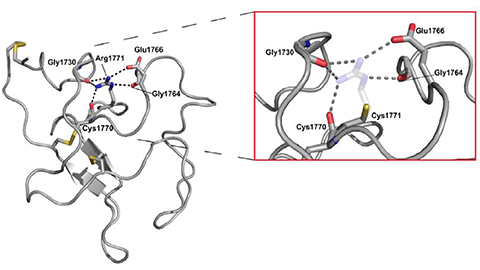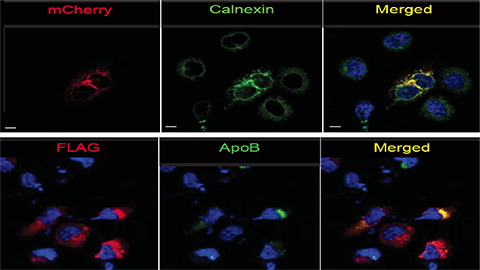Journal of Lipid Research
 The Journal of Lipid Research is Gold Open Access
The Journal of Lipid Research is Gold Open Access
Read the latest papers Sign up for email alerts Follow @jlipidres
For over 60 years, the Journal of Lipid Research has focused on the science of lipids in health and disease. JLR publishes research articles – including patient and epidemiological areas - methods articles and reviews. In addition, the journal welcomes commentary articles that highlight a significant article recently published in JLR. and showcases content in a variety of formats.
Scope
The Journal of Lipid Research (JLR) publishes original articles and reviews in the broadly defined area of biological lipids - including research topics within biochemistry, molecular biology, structural biology, cell biology, genetics, molecular medicine, clinical medicine, and metabolism is encouraged - that provide new insights into mechanisms of lipid function and metabolism and/or genes regulating lipid metabolism. Learn more about the JLR's aim and scope.
For authors
It is our goal to help scientists disseminate their findings in the most visible, efficient and effective way possible by keeping review times short, providing editorial feedback on manuscript text and promoting articles post publication. We strive to safeguard the research we publish by providing high-quality review and maintaining strict standards on data presentation and deposition. Learn about submitting your manuscript to the JLR.
For ASBMB members
Corresponding authors that are regular and industry ASBMB members benefit from reduced publication fees for all ASBMB journals.
Explore JLR

Sean Davidson
“(JLR has) always been one of my favorite journals. I have a file folder filled with papers from different people, but the JLR ones always seem to be the most ragged. The important papers that I go back to are usually in JLR.”
JLR associate editors


